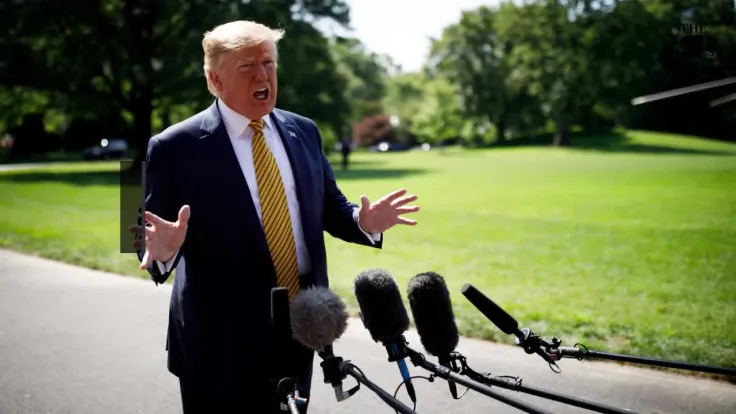
President Trump’s Migrant Labor U-Turn Exposes U.S. Food Supply to Strategic Threat from China
President Donald Trump, currently serving his second term, has once again shifted policy on migrant labor—this time suggesting that “good, reputable farmers” could hire undocumented workers if they assume “responsibility” for them. While the move appears to aim at easing pressure on America’s agriculture sector, the inconsistency is revealing a far more dangerous gap in U.S. national security: America’s food system is increasingly fragile, and China is watching.
Undocumented immigrants account for over 40% of America’s farm labor, making them critical to food production. Trump’s abrupt changes—from pausing ICE raids to initiating what he called “the largest mass deportation in history,” then partially walking that back again—have created confusion among employers and fear among workers. In states like California and Louisiana, raids have already caused massive labor shortages.
But here’s the strategic blind spot: While U.S. farms suffer from labor disruptions, China is quietly tightening control over global agricultural resources. This includes:
As U.S. farms lose workers and production slows, China’s agricultural leverage grows. A destabilized American workforce could force the U.S. to increase reliance on foreign sources for key food commodities—sources increasingly influenced or controlled by China.
This is not just about food. It’s about geopolitical dependency.
While President Trump promises to protect American interests with strong enforcement, this whiplash in immigration and labor policy is weakening the very foundation of national resilience. Farmers like Shay Myers have publicly warned, “We will not feed our people without these workers.” If U.S. agriculture collapses under political pressure, the vacuum left behind could be filled by Chinese supply chains—placing America’s food independence at risk.
In his attempt to secure the border, President Trump must not overlook another border—our food security line, which, if crossed, could leave the nation vulnerable to external pressure in times of crisis.
If America fails to stabilize this vital sector now, the next battle we lose may not be in Washington or on the border—but in the grocery aisles.